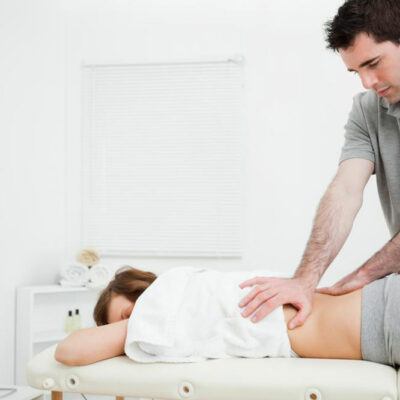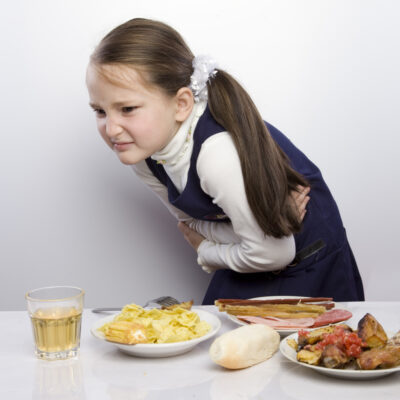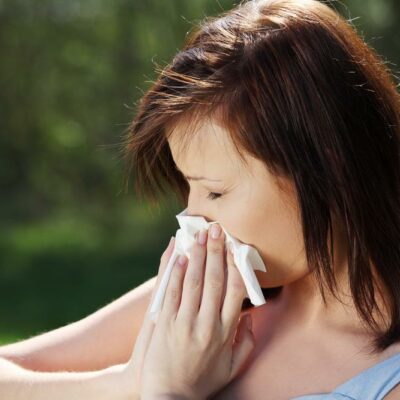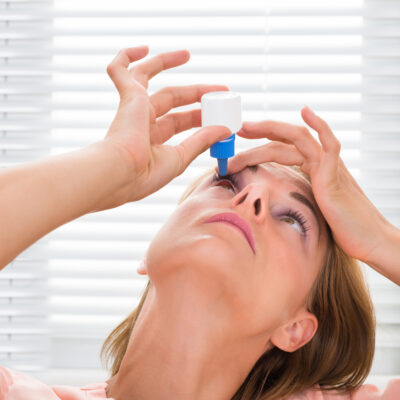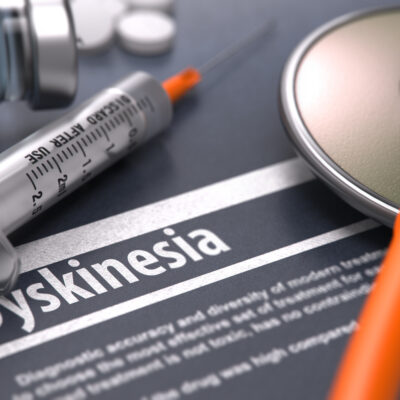
Health
Dyskinesia And Tremors – Warning Signs That Must Not Be Overlooked
Dyskinesia causes involuntary jerky movements that are had to control. When you are exploring possible treatment options for dyskinesia and tremors, there are some warning signs that you should not overlook at any cost. While not every person suffering from dyskinesia will develop complications, one needs to know which factors can make the condition worse and treat it in time. New treatment options for dyskinesia and tremors are coming out every day, and people with this condition are finding it easier to handle it. Dyskinesia is commonly found in those who have been diagnosed with Parkinson’s disease, and it is brought on because of over usage of the levodopa drug for treating Parkinson’s. Here are some of the main triggers of dyskinesia: Stress can trigger a variety of reactions in our bodies, and in those with Parkinson’s, high stress levels can cause dyskinesia. Many daily activities are known to elevate stress levels and this means that the chances of developing dyskinesia are also heightened. Parkinson’s patients have trouble preparing meals, getting dressed, or even walking. So, it is important to make sure that a person diagnosed with Parkinson’s is not overly stressed as this will increase the frequency of jerky movements.
Read More 